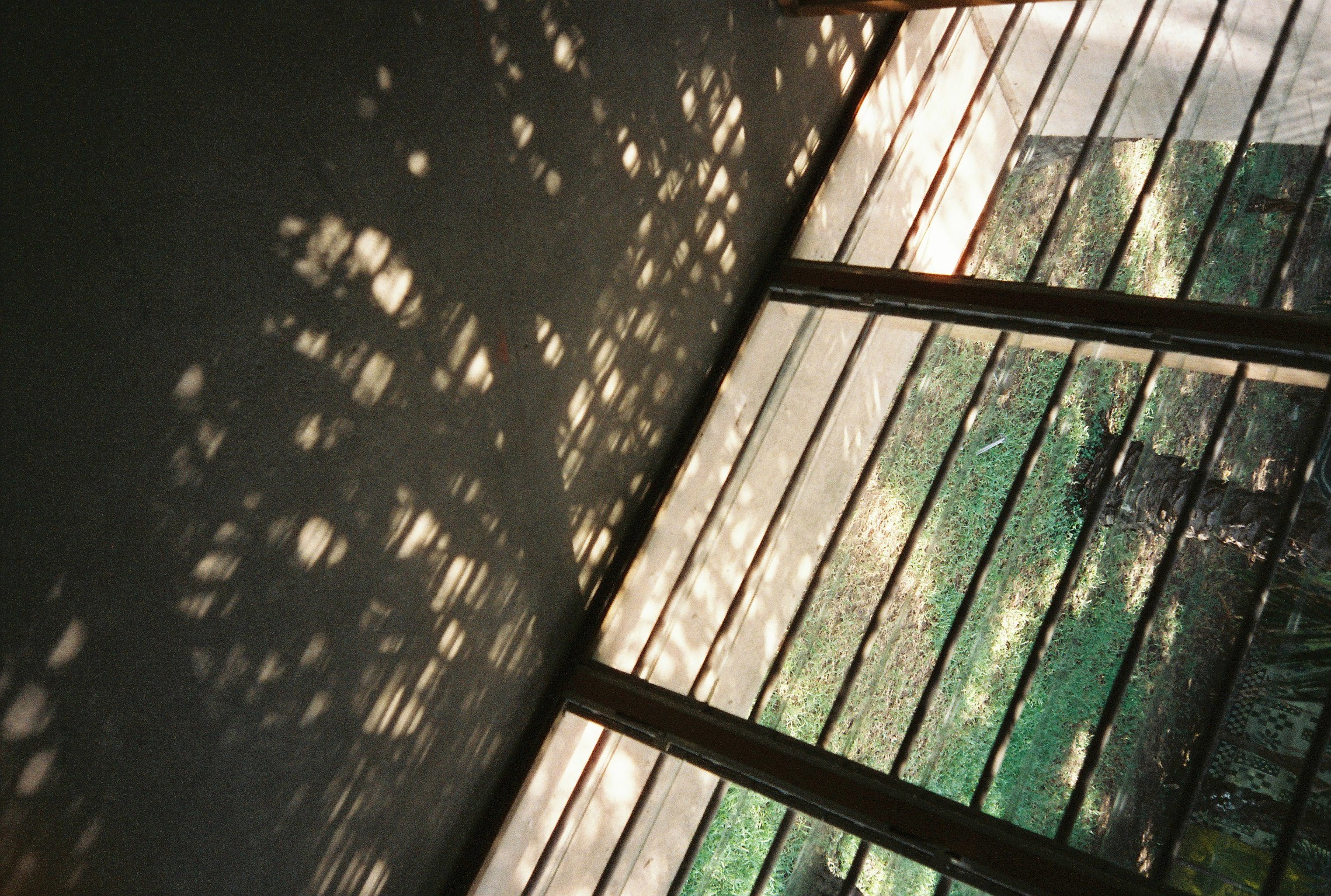Editorial 02 – Navigating Friction
April 2, 2024
Editorial, Navigating Friction
April 2, 2024
Editorial, Navigating Friction

To be independent can be defined as being free from outside control – not subject to another’s authority. This is a dream, of course, a myth that is rarely attained. Even the most autonomous entities are dependent on a number of external factors. For galleries, art spaces and other cultural venues, the very idea of what ‘independence’ means can be a source of conflict. It is an aspirational state, typically only constituted by a relationship to something else.
An independent project space might be identified by a number of traits, including its distance from larger cultural institutions, autonomy from state funding, opposition to market forces, and immunity to outside political influence. Unlike traditional institutions bound by rigid hierarchies and beholden to financial interests or government agendas, independent project spaces thrive on experimentation and risk-taking, their very existence allowing them to interrogate societal power dynamics.
In spite of this freedom that comes with challenging the status quo, to be constantly defined by what you are reacting against is a source of friction in and of itself. For an art space to be independent from mainstream cultural spheres, there is bound to be difficulty in attracting a wider audience. To be independent from market forces leads to a competitive race to get the next grant application – and to be independent from state funding altogether entails tensions around how money is raised, or how labour is distributed. Meanwhile, independence from outside political influence does not make an organisation immune to its own internal politics, or conflicting creative visions.
Overcoming – or better still, embracing – these different types of friction is crucial to the success of independent project spaces, and is part of what makes them such flexible and resilient initiatives. There is no one-size-fits-all approach to this, and different oppositional forces must be navigated in each different cultural, geographical and social context.
Since the foundation of OtherNetwork, we have used the notion of independence as a provocation, embracing the friction that the term itself may cause in an effort to redefine and unpack what it means to produce culture at the margins of society. The texts in this series therefore discuss wider issues surrounding the production of art in different localities in Europe, sub-Saharan Africa and Latin America, uncovering themes of visibility and representation, parasitism, precarity, colonial legacies, urban development, queer liberation, and a need for compassion, among others. One of the pitfalls of a digital platform such as this one is its tendency to compress relationships and professional collaborations into something that appears to be smooth and frictionless, while for many independent project spaces reality is in fact much more complex.
Featuring texts by Kim Gurney, Drama Queens Ghana, F451 Studio, Bianca A. Manu, Carolina Cerón, and others.